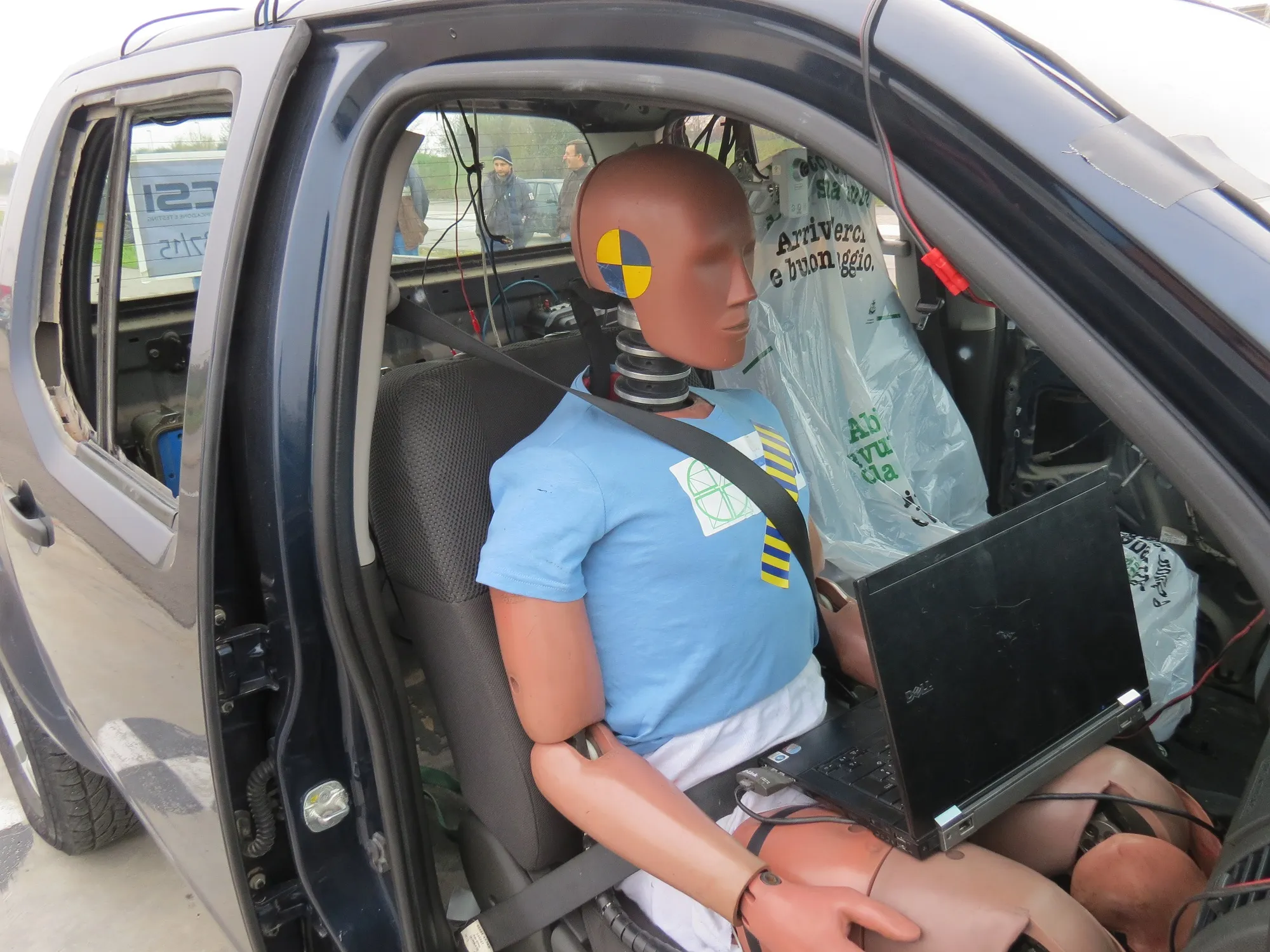Europe’s cross-border police body TISPOL reports positive results from the recent pan-European seatbelt enforcement drive. The data shows that over 100,000 drivers and passengers were detected for not wearing seatbelts. A total of 24 countries took part in the operation, which was co-ordinated by TISPOL. Of the final total of 104,838 offences, 3,245 related to children not wearing seatbelts or other safety restraints. The remaining 101,593 offences related to adult vehicle occupants. Commenting on the resul
May 7, 2013
Read time: 2 mins
Europe’s cross-border police body 4753 TISPOL reports positive results from the recent pan-European seatbelt enforcement drive. The data shows that over 100,000 drivers and passengers were detected for not wearing seatbelts. A total of 24 countries took part in the operation, which was co-ordinated by TISPOL. Of the final total of 104,838 offences, 3,245 related to children not wearing seatbelts or other safety restraints. The remaining 101,593 offences related to adult vehicle occupants. Commenting on the results, TISPOL president Koen Ricour said, "The use of seatbelts is the single most effective method of reducing fatalities and serious injuries in motor vehicle collisions. That’s why our message is clear. Wearing a seatbelt is not a matter of choice. It is required by law in every European country because it could quite literally save your life in the event of an accident. Don’t take any chances. Use a seatbelt on every journey.”
Stopping drivers for seatbelt offences also provided police officers with the opportunity to make other appropriate safety and security checks. For example, during the week of this seatbelt operation, officers also detected and dealt with 53 offences connected with irregular immigration and human trafficking, 241 offences connected with the possession of drugs, 34 firearms offences, 46 offences relating to stolen goods and a total of 4,020 other crimes.
Stopping drivers for seatbelt offences also provided police officers with the opportunity to make other appropriate safety and security checks. For example, during the week of this seatbelt operation, officers also detected and dealt with 53 offences connected with irregular immigration and human trafficking, 241 offences connected with the possession of drugs, 34 firearms offences, 46 offences relating to stolen goods and a total of 4,020 other crimes.






